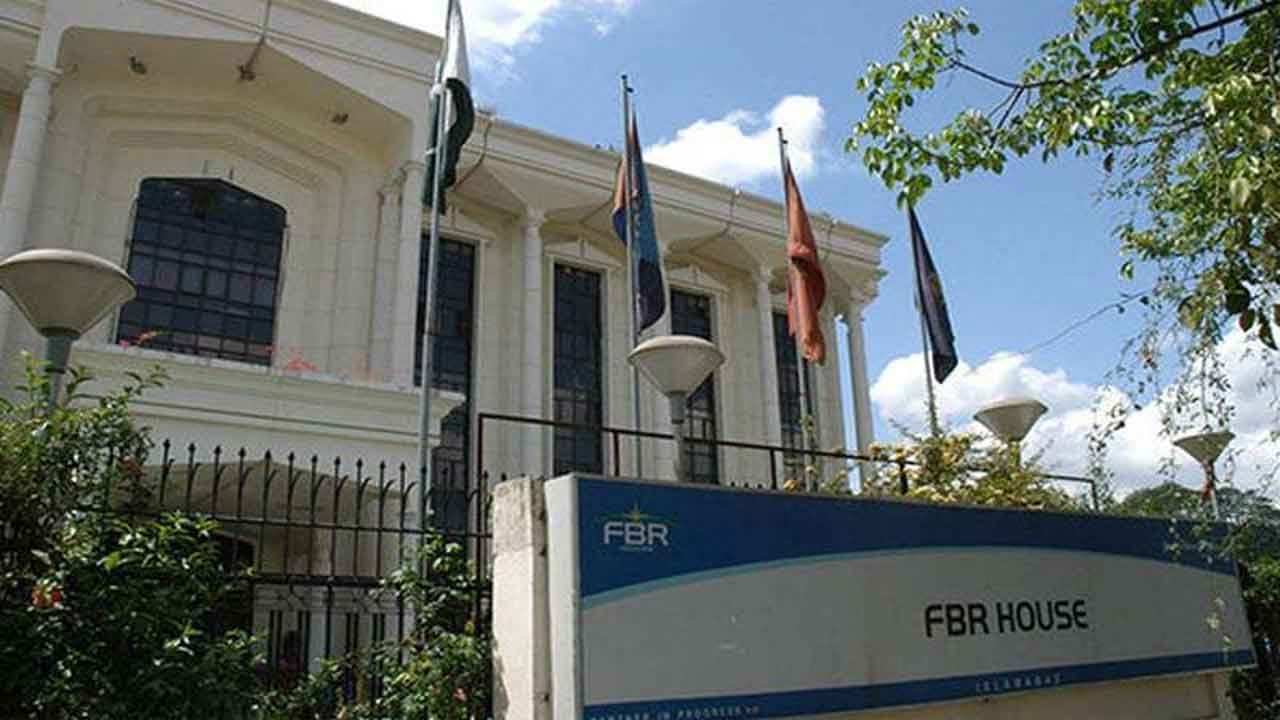The Federal Board of Revenue (FBR) has officially issued a significant notification under the Azerbaijan-Pakistan Transit Trade Agreement 2024 and the Transit Trade Rules 2024. This agreement, aimed at enhancing bilateral trade relations, introduces new measures to facilitate Azerbaijani cargo through Pakistani ports, including Karachi Port, Port Muhammad Bin Qasim, and Gwadar Port.
Streamlined Transit Trade Through Designated Ports
Under the newly implemented rules, Azerbaijani cargo will be processed exclusively through designated ports via the Customs Computerized System. This system ensures a streamlined and transparent process for managing transit trade, promoting efficiency and reducing delays.
One notable provision is that Azerbaijani-registered vehicles can now enter Pakistan without requiring financial security for duties and taxes. This measure underscores the spirit of mutual cooperation between the two nations and aims to foster a smoother transit process.
Key Requirements for Operators and Agents
To ensure compliance with the new regulations, transport operators and customs clearing agents must open and maintain a Circulation Insurance Guarantee PD Account with Customs. This account will serve as a safeguard for transit trade activities and is a mandatory requirement under the agreement.
Additionally, the Directorate General of Reforms and Automation in Karachi will generate one or more user IDs for traders, government organizations, UN bodies, or diplomatic missions. These entities must complete a registration proforma, which will be electronically submitted to the Customs Computerized System by Azerbaijan’s relevant ministry.
Vehicle Permit Protocol
A crucial aspect of the new rules is the permit system for vehicles. Every Azerbaijani vehicle entering or leaving Pakistan must possess a valid permit issued by the competent authority in the prescribed format. This ensures proper monitoring and regulation of transit vehicles, further enhancing security and compliance.
Role of Transit Trade Directorates
The implementation of the agreement involves several key directorates:
- Directorate of Transit Trade, Peshawar
- Directorate of Transit Trade, Quetta
- Directorate of Transit Trade, Gwadar
These directorates are authorized to issue vehicle permits at their respective land border customs stations. This decentralized approach ensures smooth operations at all entry and exit points.
Enhanced Cooperation and Trade Facilitation
The Azerbaijan-Pakistan Transit Trade Agreement is a milestone in fostering bilateral relations and economic cooperation. By simplifying processes, reducing bureaucratic hurdles, and leveraging technology, the agreement aims to boost trade volumes between the two nations.
The removal of financial securities for Azerbaijani vehicles demonstrates Pakistan’s commitment to fostering mutual trust and collaboration. It also positions Pakistan as a vital trade hub for Azerbaijan, particularly with the inclusion of Gwadar Port in the agreement.
Implications for Traders and Businesses
For traders and businesses, these changes represent significant opportunities:
- Reduced Costs: The elimination of financial security requirements reduces the cost of transit trade.
- Faster Processes: The Customs Computerized System ensures quicker clearance of cargo.
- Ease of Compliance: The introduction of user IDs and electronic registration simplifies regulatory procedures.
These benefits are expected to encourage more businesses to utilize Pakistan as a transit trade route, contributing to the country’s economic growth.
Strategic Importance of the Agreement
The agreement aligns with Pakistan’s broader goals of strengthening regional connectivity and economic integration. By facilitating transit trade with Azerbaijan, Pakistan enhances its strategic importance as a trade corridor linking Central Asia, the Middle East, and South Asia.
The inclusion of Gwadar Port, a flagship project of the China-Pakistan Economic Corridor (CPEC), underscores its role as a critical node in regional trade networks.
The Azerbaijan-Pakistan Transit Trade Agreement 2024 and the accompanying Transit Trade Rules represent a forward-looking approach to bilateral trade relations. By leveraging technology, fostering mutual trust, and simplifying processes, the agreement sets the stage for enhanced economic cooperation and growth.
As these rules come into effect, they are expected to not only strengthen ties between Azerbaijan and Pakistan but also position both nations as key players in regional trade dynamics.



